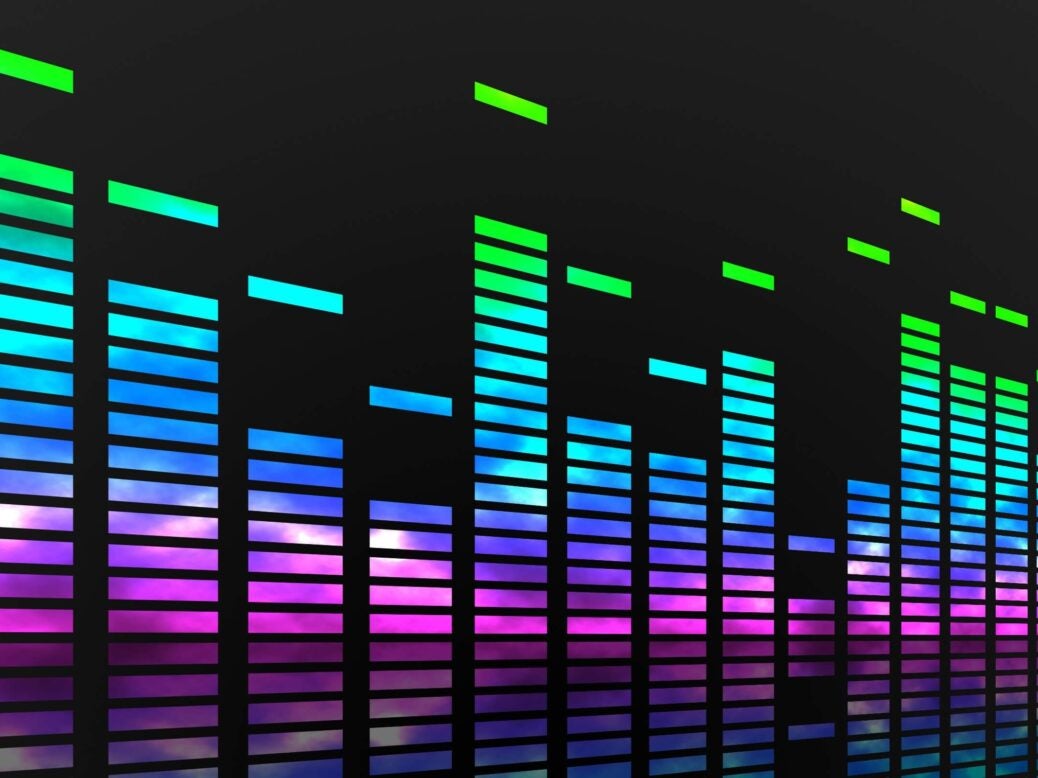
A sound partnership between both worlds is imminent, writes Zak Smith.
The music business has for the past few years been going through a tough period, with declining revenues as new technologies challenge existing business models. These circumstances are forcing the industry to adapt and change. I met Ollie Humphreys, founder of SoundScape, one of London’s leading audio branding agencies, to find out more about the state of the industry, and how despite current challenges, music and big business are colliding, creating new possibilities and potentially lucrative partnerships.
At the forefront of this is ‘audio branding’, and Ollie was keen to tell me more about what he believes will be a significant element of brand development and growth in the near future.
‘Audio branding is the intentional and strategic use of audio to build brand identity. Audio in this context could be music, it could be individual sounds, the product itself or even experiential. We use audio to connect to consumers on an emotional level, enabling brands to be heard and not just seen.’
With music evidently a powerful emotional driver, business wants in, and some progressive brands are leading the way in redefining how customers engage.
‘Gone are the days where record labels have millions to inject into new artists. Their credibility as curators has dwindled primarily due to the internet. Labels don’t have the cash reserves they once did, but brands do and they are willing to invest in music. They know that they can communicate directly to their audience by positioning themselves as curators: bringing unique one-off experiences to consumers that they might not otherwise have access too. Whereas brands once used to consider music in a retail environment as background music, they are now using carefully-curated playlists to target different demographics at different times of the day. For example, if the store has a lot of traffic the retail music system will play higher tempo music. Business and brand managers would never have taken music so seriously as an aid to help sell product 10 years ago.’
This intentional use of music, although not obvious to everyone, is being pioneered by some of the world’s biggest businesses.
‘Who would have thought that Burberry would interweave music into their marketing mix to the degree they have. By hand-picking grass roots talent that fits their DNA they have managed to bring some incredible artists to light: James Bay, Benjamin Clementine and Rhodes to name but a few. Everyone from Uniqlo to Nike, W-Hotels and Kiehl’s now uses the music industry to position themselves.’
Finally, as technology evolves, I was keen to find out what part will music play in the future of consumer experience?
‘I believe the explosion of data capture, beacon technology and advanced servers are going to enable brands to curate the right music for every moment, and more importantly each customer. We are developing software for citizenM Hotels that enables consumers to see the song playing in the hotel lobby and save it to their Spotify library, and at the same time, that information is stored by the hotel, so that when that individual guest checks in next time, the hotel can be playing their preferred song. Within the next two years we’ll be able to tailor the music in citizenM specifically to the audience sitting in the lobby at any given time.’







